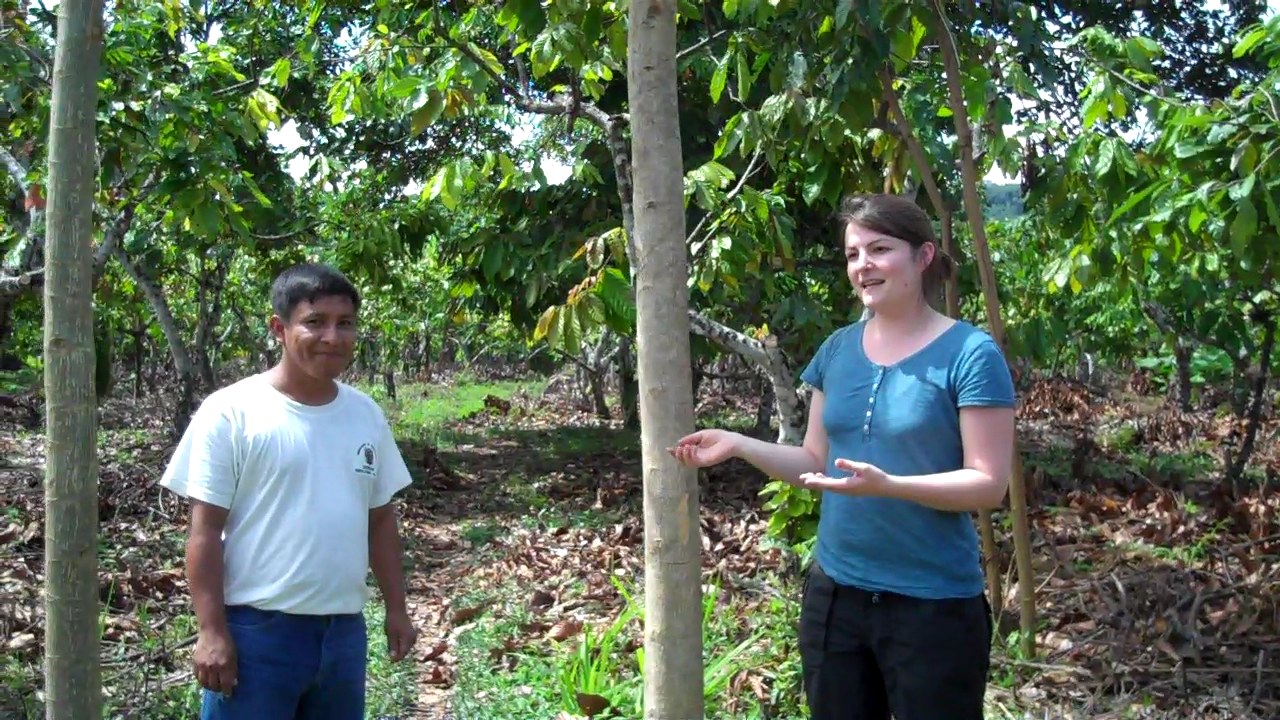19
Back from Peru
Posted in Environment.
It's been quite a fortnight for our Sam - travelling round the Peruvian Amazon, meeting the people we're working with for our Yorkshire Rainforest Project. After last week's message from Lima, we're pleased to say she's back. Here she tells us more about her experience:
"I’m back in England now and still digesting everything I learned, saw and experienced on my visit to the Ashaninka communities and the Ashaninka Congress. The Congress, which was held for two days in the beautiful and peaceful village of Pamikiari, brought to life the problems that communities are contending with: petrol companies working their way in to extract oil; an explosion of logging in the area; threats from Coca growers; even the possibility of a hydro-electric dam, which will flood communities in the Ene valley.
Because of this, it's hugely important that the Ashaninka have faith in those who are working with them to protect their homes and lands. We're working with a team on the ground called Central Ashaninka del Rio Ene, or CARE (pronounced kah-ray). Many of their members are Ashaninka themselves, so they're determined to prevent the exploitation of the communities and their forest lands. For Rosa from CARE, the goal is for people to continue living as Ashaninka and for the forests to keep their natural beauty. She told us: "In the forests, you breathe clean air, and it is this that is not only vital for those who live there, but for everyone else."
Of course, oil and timber are money-making resources so it is important that communities are given a viable alternative to the short-term profit that would be made from allowing an area of land to be exploited. This is where the sustainable livelihoods come in. Together with Cristina, our Ethical Trading Manager, I had the opportunity to see an example of this in Pamikiari – a cocoa plantation that has gone from being neglected and underused to being cared for and properly managed. With training in the cultivation of the crops and how to sell them, these plantations can now provide an income for the families who own them. And the trees will still be there for the next generation."




